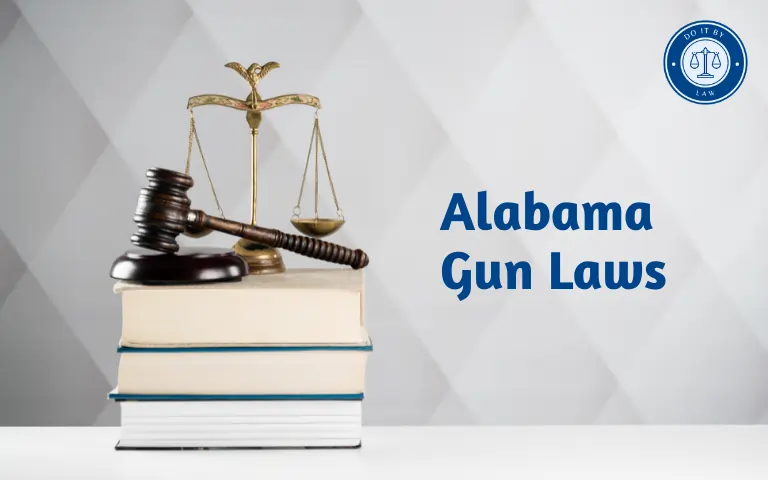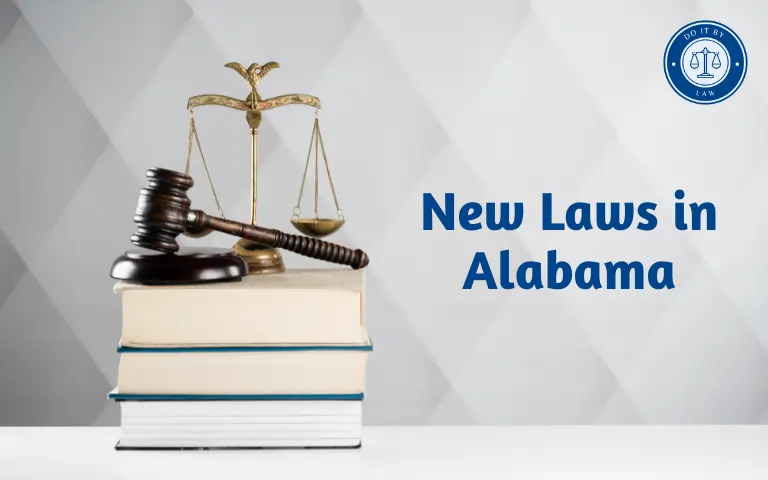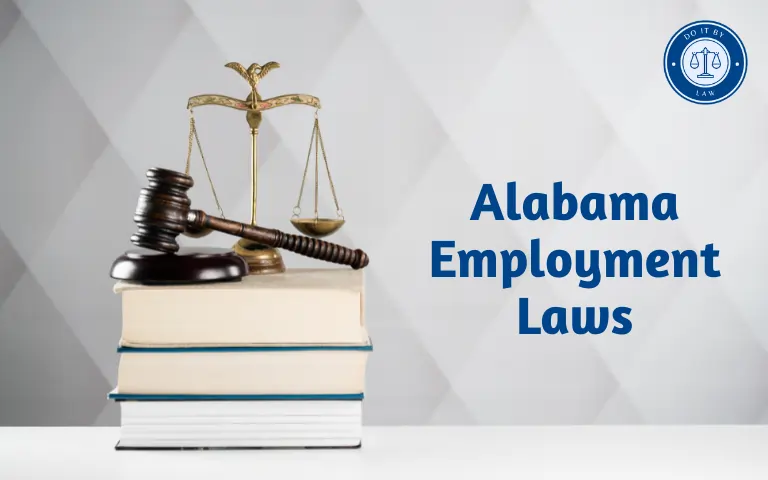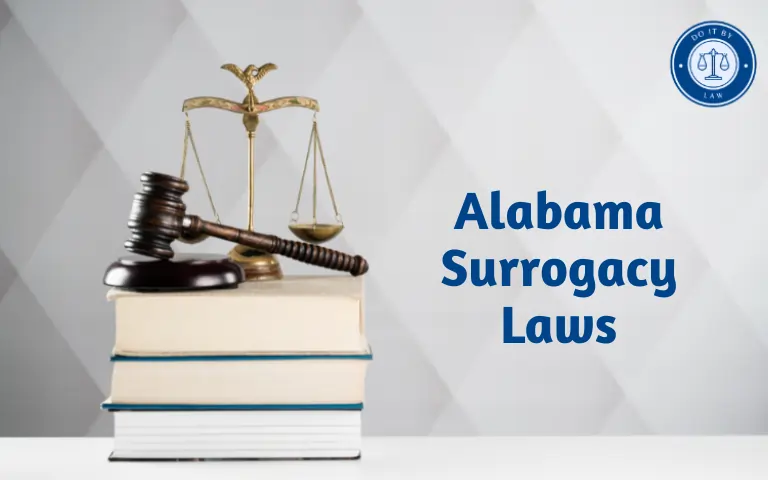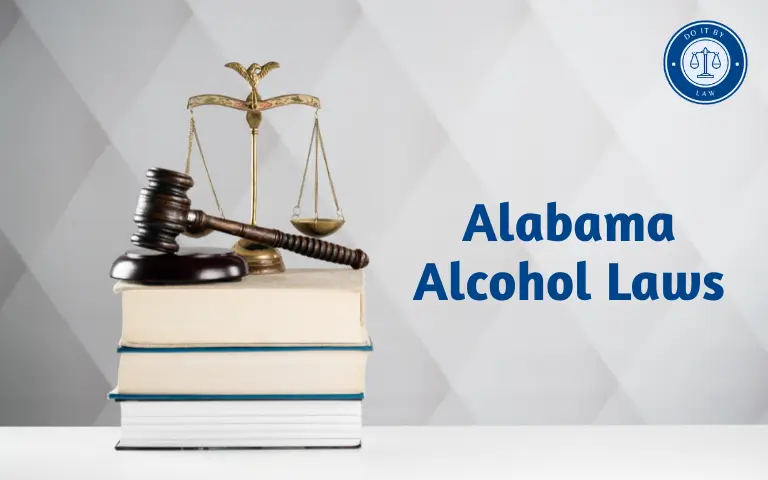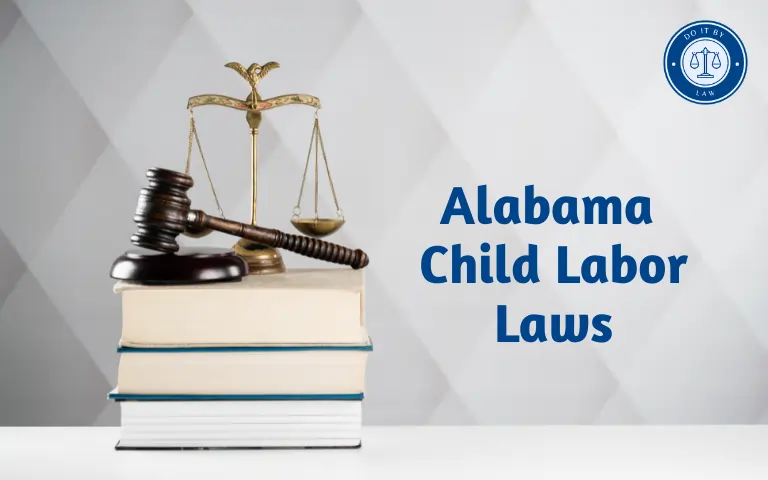Alabama Gun Law: What You Need to Know in 2023
Alabama has relatively permissive gun laws compared to other states. The state constitution affirms the right of citizens to bear arms, and state law sets forth the requirements and restrictions for gun ownership and use in Alabama. Here is a comprehensive overview of key Alabama gun laws and regulations that gun owners should know.
When Were Alabama Gun Law Enacted
Alabama’s gun laws trace back to the early 1800s when Alabama adopted its first constitution as a newly admitted state. The right to bear arms was seen as fundamental by Alabama’s founders.
The current version of Alabama’s constitution, ratified in 1901, states “That every citizen has a right to bear arms in defense of himself and the state.” This established the foundation for Alabama’s gun laws.
Over the years, the Alabama legislature has enacted various laws to regulate the possession and use of firearms while still protecting the right to bear arms. Some key laws include:
- 1839 – A law against carrying concealed weapons was passed. This required a license to carry concealed handguns.
- 1936 – The Uniform Firearms Act barred felons from possessing handguns.
- 2013 – The Alabama legislature passed a law prohibiting businesses from banning guns on their premises.
- 2014 – Alabama switched from a may-issue to a shall-issue policy for concealed carry permits.
So while Alabama has historically supported gun rights, the state has enacted laws over time to set guidelines around the possession and use of firearms. The current laws try to balance individual gun rights with public safety.
Why Alabama Gun Law Exist
Like most states, Alabama’s gun laws aim to maintain public order and safety while respecting individual rights. Some specific reasons for Alabama’s laws include:
- Allowing law-abiding citizens to own guns for self-defense and other lawful purposes.
- Keeping guns out of the hands of criminals, minors, and other prohibited persons.
- Providing permitting and background check systems to vet who can purchase and carry handguns.
- Promoting responsible storage and use of firearms.
- Deterring and penalizing criminal misuse of firearms.
- Giving law enforcement a structure to regulate firearms and enforce relevant laws.
- Addressing public concerns about gun violence and misuse.
Overall, Alabama seeks to strike a balance between individual liberty and responsibility regarding firearms. The laws provide standards around sales, possession, use, and carry while penalizing dangerous or irresponsible actions with guns.
Who Alabama Gun Law Apply To
Alabama’s gun laws apply to all residents of the state as well as visitors and travelers to the state in certain situations. Key groups the laws apply to include:
- Residents – Must comply with all Alabama gun laws for ownership, carry permits, sales, usage, and possession within the state.
- Non-residents – Must follow Alabama’s concealed carry permit, purchase, and possession laws when bringing guns into Alabama.
- Gun dealers – Must comply with state licensing requirements and all sales regulations.
- Hunters – Must follow Alabama hunting season, license, and firearm regulations.
- Minors – Subject to minimum age requirements and restrictions on handgun possession.
- Prohibited persons – Felons, domestic abusers, mentally ill, and other prohibited groups cannot purchase or possess guns in Alabama.
Law enforcement personnel, military members, and private security guards may receive exemptions from certain gun laws while acting in an official capacity. Overall, the laws broadly cover nearly all individuals possessing firearms within Alabama’s borders.
Alabama Concealed Carry Law: What You Need to Know
Key Provisions of Alabama Gun Law
Alabama’s primary gun laws are found in Title 13A of the Alabama Code. Key provisions include:
Possession and Carry
- Open carry is legal for anyone not prohibited from possessing firearms. No permit is needed.
- A permit is required to carry concealed handguns in public. Alabama is a shall-issue state for issuing permits.
- Loaded handguns cannot be kept in a vehicle without a valid concealed carry permit.
- Local governments cannot restrict open or concealed carry by permit holders.
- There is no duty to inform law enforcement about concealed carry during encounters.
Purchase and Background Checks
- Residents can purchase handguns from licensed dealers after passing a background check.
- No permits, registration, or background checks are required for private sales of firearms.
- A pistol purchase permit from the county sheriff is required to purchase a handgun. Permits are shall-issue and valid for 30 days.
- Alabama recognizes permits from any other state as valid for handgun purchases.
- There is a 15-year prohibition on handgun purchases for convicted felons after sentence completion.
Usage and Possession
- It is illegal to fire a gun from or across public roads.
- Stand Your Ground laws allow the use of force with no duty to retreat in public places.
- No state permits are required to own or possess rifles, shotguns, or handguns.
- No laws restrict ammunition capacity for firearms.
- Machine guns, sawed-off shotguns, armor-piercing rounds, and other military-grade weapons are prohibited.
- Firearms cannot be possessed on school grounds or university campuses.
- Businesses cannot prohibit employees from storing guns in personal vehicles on company property.
Storage and Transportation
- Alabama has no laws mandating the safe storage of firearms. However, negligence that results in access to guns may incur liability.
- Firearms must be unloaded and cased or locked in trunks when transported in vehicles. Storing loaded handguns in vehicles requires a valid concealed carry permit.
- Concealed carry is prohibited in vehicles on school campuses or at demonstrations. Open carry remains legal.
Penalties for Violating Alabama Gun Law
Depending on the offense, violating Alabama’s gun laws may result in criminal misdemeanor or felony charges. The penalties upon conviction can include:
- Felonies – Fines up to $5000 and imprisonment from 1-10 years.
- Misdemeanors – Fines up to $1000 and jail time up to 1 year.
- Violent felonies – Mandatory minimum 3-year prison sentence if a gun is involved or possessed illegally.
Additional consequences may include:
- Prohibition on future handgun purchases after misdemeanor domestic violence convictions.
- Lifetime firearm prohibition for felony convictions.
- Permit revocation for misuse of concealed carry privileges.
- Forfeiture of firearms used in crimes.
Many gun law violations also incur federal charges under statutes such as the NFA and Gun Control Act. Overall, stiff penalties exist to discourage illegal purchases, possession, and misuse of firearms.
Recent Changes to Alabama Gun Law
In recent years, Alabama has passed new laws loosening certain restrictions on firearms:
- 2014 – Switched to shall-issue policy for concealed carry permits. Also allowed open carry without a permit. Previously, open carry of handguns required a permit.
- 2013 – Passed law barring employers from restricting guns in employee vehicles on company property.
- 2014 – Authorized certain school personnel to carry guns after completing training programs.
- 2021 – Removed requirement for concealed carry permits at public gatherings and demonstrations.
- 2022 – Lowered age for concealed carry permits from 21 to 18 years old. The minimum age to purchase handguns from dealers remains 21.
These measures expanded gun rights and carry permissions for many residents. However, groups like Moms Demand Action continue lobbying against the loosening of restrictions. So far, Alabama still maintains core rules like permitting concealed carry in public areas. However, the state legislature continues considering additional deregulation measures each session.
Controversies and Debates Around Alabama Gun Law
As in other states, Alabama’s gun laws spark frequent debates between gun rights advocates and groups favoring more regulation. Key controversies include:
- Campus carry – Whether concealed permit holders should be able to carry guns at colleges and schools remains hotly contested.
- Stand Your Ground – Self-defense shootings often generate debate about amending Alabama’s stand-your-ground laws which impose no duty to retreat.
- Permits – Gun rights groups keep pushing to abolish permits for concealed carry, but law enforcement resists these efforts.
- Preemption – Alabama passed laws barring local regulation, invalidating some city-level attempts to impose controls. Preemption remains controversial.
- Risk protection orders – Allowing law enforcement to temporarily restrict access to guns from high-risk individuals is opposed by gun groups but favored by others.
Overall, a relatively pro-gun rights culture persists in Alabama. But support for additional deregulation faces criticism following incidents like the 2022 vigil shooting in Birmingham. The balance between freedom and regulation around guns remains hotly contested.
Conclusion: Key Takeaways on Alabama Gun Law
Alabama has historically strong protections for gun rights cemented in its state constitution. However, a range of laws exist regulating aspects of sales, permitting, possession, usage, and carry. Key takeaways include:
- Alabama has permissive open and concealed carry laws but does require permits for hidden handguns.
- Purchasing handguns from dealers mandates background checks and pistol permits, but private sales require no checks.
- Gun ownership and usage rights are very broad, but laws prohibit certain types of weapons, negligent usage, possession by prohibited groups, and firearms in sensitive locations.
- Stiff penalties including imprisonment exist for violations, especially for crimes committed with guns.
- Alabama has passed several laws in recent years expanding gun rights further but still maintains core permitting and background check requirements.
- Campus carry, stand your ground, and preemption laws remain hotly debated issues.
Overall, Alabama has strong gun freedoms with remaining regulations to promote responsible ownership and public safety. Gun owners in Alabama should stay up to date on relevant state and local laws.

